Bismillaher Rahmanir Rahim.
Assalamu Alaikum Wa Rahmatullahi Wa Barakatuhu
Dear Companions Today I want to share with you some words about the evils of killing foetuses.Welcom to this post and congratulations to all
World Teachers' Day, celebrated globally on October 5, serves as a reminder of the crucial role that educators play in shaping the future of nations. Teachers are often seen as the backbone of education systems, providing the knowledge and skills necessary for the progress of individuals and societies. In countries like Bangladesh, however, teachers face significant challenges, with their contributions often going unrecognized or undervalued. The discrimination and neglect that teachers face in Bangladesh severely hinder the development of the country's education system. Without addressing these inequalities, achieving sustainable educational progress becomes an increasingly difficult goal.
The Current Situation of Teachers in Bangladesh
In Bangladesh, teachers, particularly those working in public schools, face a range of challenges that impede their ability to provide quality education. One of the most pressing issues is the low wages that many teachers receive. Public school teachers, especially in rural areas, are paid significantly less than their counterparts in other sectors, often receiving wages that are barely above the minimum wage. This leaves many educators struggling to make ends meet, forcing them to take on additional jobs to support themselves and their families. The financial insecurity faced by teachers can have a detrimental impact on their well-being, motivation, and ability to focus on their teaching responsibilities.
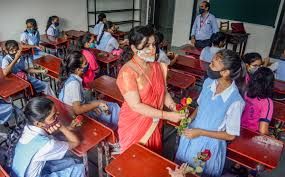
source
In addition to low wages, many teachers in Bangladesh work under precarious employment conditions. A large proportion of teachers are employed on temporary or contract-based terms, with little job security or benefits. This creates a climate of uncertainty, as teachers are unsure if their contracts will be renewed from one year to the next. Such instability discourages talented individuals from pursuing careers in education, leading to a shortage of qualified teachers in many parts of the country.
Another form of discrimination faced by teachers in Bangladesh is the lack of access to professional development opportunities. Teachers in rural and underserved areas often have limited access to training programs, resources, and support systems that could help them improve their teaching skills and stay updated on educational best practices. This lack of investment in teacher development exacerbates the existing educational disparities between urban and rural areas, as students in rural regions are less likely to receive high-quality instruction.
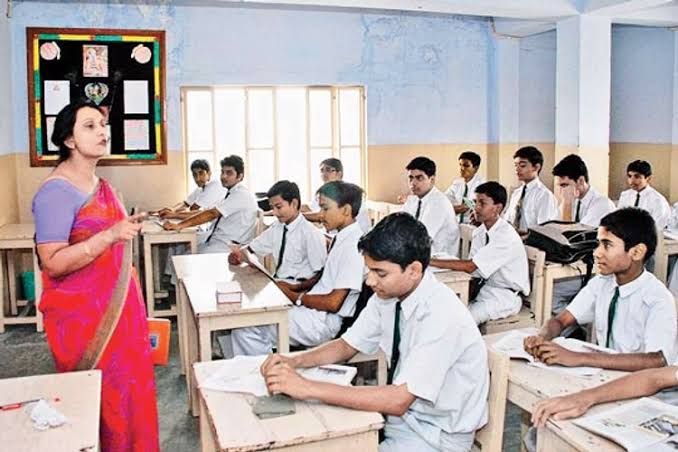
source
Gender Disparities in the Teaching Profession
Gender discrimination is another issue that disproportionately affects female teachers in Bangladesh. While the teaching profession is often seen as a "suitable" career for women, female teachers frequently face obstacles that their male counterparts do not. In some cases, female teachers are paid less than their male colleagues, despite performing the same duties. Additionally, women in the teaching profession are often expected to balance their teaching responsibilities with domestic duties, leading to higher levels of stress and burnout. Female teachers, particularly in rural areas, may also face cultural and societal barriers that limit their access to leadership positions within the education system.
This gender-based discrimination not only affects the livelihoods of female teachers but also has broader implications for gender equality in education. Female teachers play a crucial role in encouraging girls to pursue education and break down traditional gender norms. When female teachers are marginalized and undervalued, it sends a message to students that women’s contributions to society are less important than those of men. Addressing gender disparities in the teaching profession is therefore essential for promoting gender equality in education and beyond.
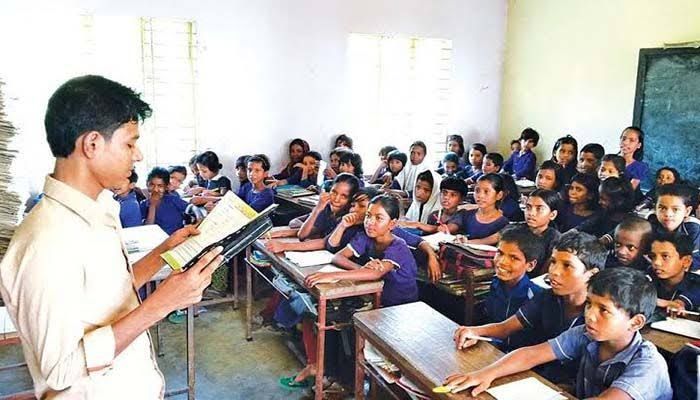
source
Impact on the Quality of Education
The discrimination and neglect faced by teachers in Bangladesh have a direct impact on the quality of education that students receive. Teachers who are underpaid, overworked, and insecure in their jobs are less likely to be able to provide the high-quality instruction that students need to succeed. In many cases, teachers may be forced to take on additional work outside of school, leaving them with less time and energy to devote to their students. Moreover, the lack of access to professional development opportunities means that teachers are often unable to update their teaching methods or improve their subject knowledge, leading to outdated and ineffective teaching practices.
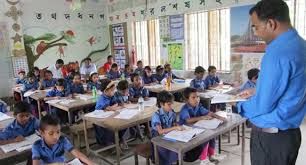
source
This has far-reaching consequences for the students who rely on these teachers for their education. In rural areas, where teacher shortages are more severe, students may receive only a few hours of instruction per day or be taught by unqualified or underqualified teachers. The result is a widening educational gap between urban and rural students, as well as between students from wealthy and low-income families. Without addressing the systemic discrimination faced by teachers, it will be impossible to achieve the educational outcomes that Bangladesh needs to foster sustainable development.
The Path Forward: Policy Reforms and Support for Teachers
To address the challenges faced by teachers in Bangladesh, significant policy reforms and investments in the education sector are required. One of the most important steps is to improve teachers' working conditions, starting with increasing their salaries to a level that reflects the importance of their role in society. Ensuring that teachers are paid a fair wage will not only help to alleviate their financial struggles but also attract more qualified individuals to the profession.
In addition to raising salaries, the government should prioritize creating stable, long-term employment opportunities for teachers. This could involve transitioning contract-based teachers to permanent positions and providing them with benefits such as health insurance and retirement plans. Offering job security will help to reduce the high turnover rate among teachers and encourage them to remain in the profession.
Investing in professional development opportunities is another critical area for reform. Teachers should have access to regular training and support to improve their skills and stay updated on the latest educational trends. This is particularly important in a rapidly changing world where new technologies and teaching methods are constantly emerging. Providing teachers with the resources they need to succeed will ultimately benefit students, as they will receive higher-quality instruction and be better prepared for the challenges of the modern world.
Addressing gender discrimination within the teaching profession is also essential for creating a more equitable and inclusive education system. The government should implement policies that ensure equal pay for female teachers and provide them with the support they need to advance to leadership positions. Additionally, efforts should be made to challenge the cultural and societal norms that limit women's participation in the workforce, particularly in rural areas.
Finally, it is essential for the government and civil society to work together to raise awareness about the challenges faced by teachers and advocate for their rights. This could involve organizing campaigns to highlight the importance of teachers and their contributions to society, as well as lobbying for policy changes that support teachers’ well-being.
source
World Teachers' Day is an opportunity to reflect on the vital role that teachers play in shaping the future of nations. In Bangladesh, teachers face significant discrimination and neglect, which hinders their ability to provide quality education. If these challenges are not addressed, the development of the country's education system will remain stunted. To create a more equitable and effective education system, it is essential to improve teachers' working conditions, invest in professional development, and address gender disparities. Only by recognizing and valuing the contributions of teachers can Bangladesh hope to achieve sustainable educational progress and create a brighter future for its students.
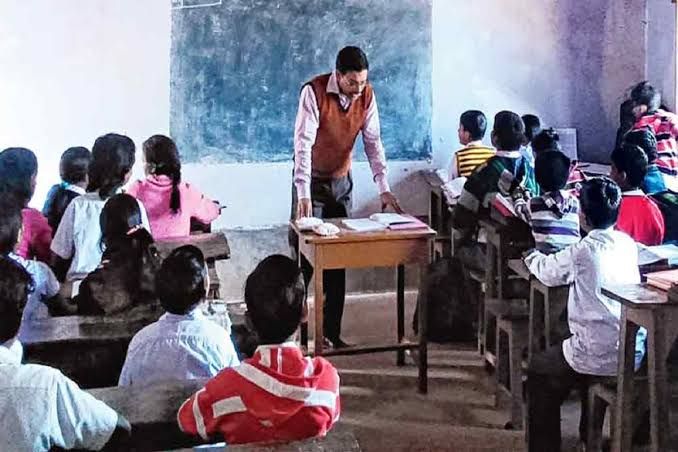
Upvoted. Thank You for sending some of your rewards to @null. Get more BLURT:
@ mariuszkarowski/how-to-get-automatic-upvote-from-my-accounts@ blurtbooster/blurt-booster-introduction-rules-and-guidelines-1699999662965@ nalexadre/blurt-nexus-creating-an-affiliate-account-1700008765859@ kryptodenno - win BLURT POWER delegationNote: This bot will not vote on AI-generated content